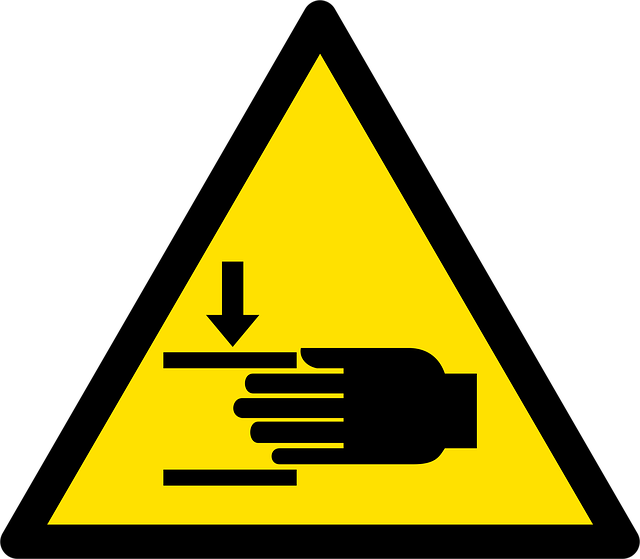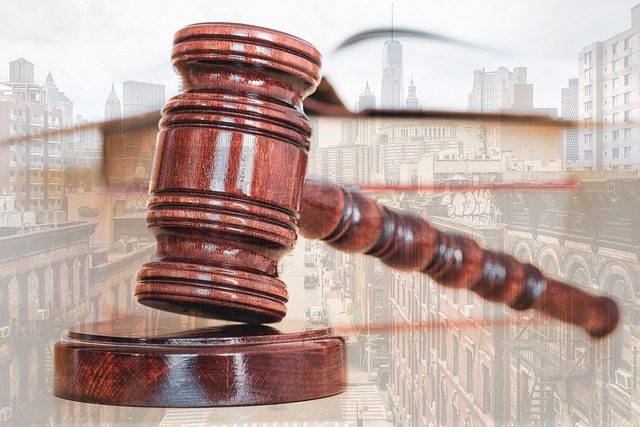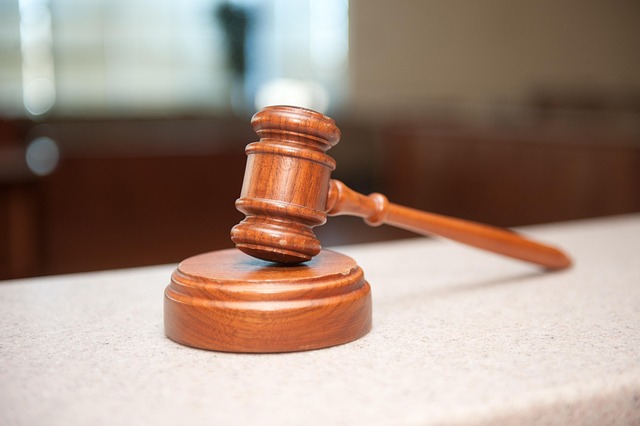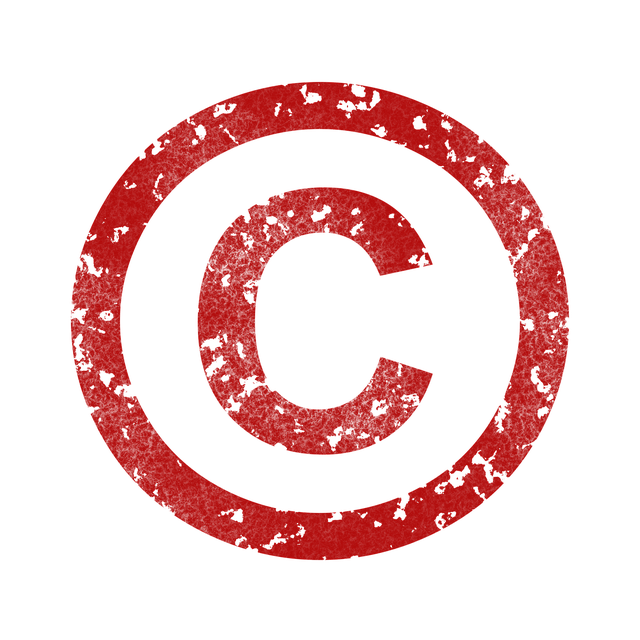Injury mediation laws vary by state, impacting outcomes and efficiency. Qualified mediators, governed by local regulations, offer alternatives to litigation in cases like product liability or wrongful death. Courts facilitate these processes, promoting fairness and positive relationships, especially for victims with ongoing care needs after incidents like nursing home abuse. Consulting a lawyer familiar with local laws ensures fairness and viability in injury mediation.
Injury mediation, a powerful tool for resolving personal injury disputes outside of court, is heavily influenced by state laws. This article delves into the intricate web of state regulations shaping mediation procedures, focusing on jurisdiction, mediator qualifications, and court involvement. Understanding these legal nuances is essential for both plaintiffs and defendants navigating injury mediation. By exploring these aspects, we aim to empower individuals with knowledge, ensuring a fair and efficient resolution process.
- Understanding State Jurisdiction in Injury Mediation
- Legal Requirements for Mediator Qualifications and Training
- The Role of Courts in Facilitating and Enforcing Mediation Agreements
Understanding State Jurisdiction in Injury Mediation

The jurisdiction over personal injury mediation procedures varies from state to state, which is crucial for understanding how these processes are conducted. Each state has its own set of laws and regulations governing mediation, including who can act as a mediator, the rules of procedure, and the scope of issues that can be addressed. For instance, some states require mediators to be licensed or certified, while others leave this determination to the parties involved. This diversity in jurisdiction underscores the importance of consulting with a qualified Orlando personal injury lawyer or Boca Raton truck accident lawyer who is familiar with the local laws when considering mediation for an injury case.
Knowing these legal nuances is essential as they can significantly impact the outcome and efficiency of the mediation process. State laws may dictate the format, timing, and participation in mediation sessions, influencing how parties communicate and resolve disputes. Thus, understanding the jurisdiction-specific requirements ensures that both plaintiffs and defendants are protected and that the mediation remains a viable and fair alternative to traditional litigation for personal injury cases.
Legal Requirements for Mediator Qualifications and Training

Injury mediation processes are significantly influenced by state laws that outline the qualifications and training required for mediators. These legal requirements ensure that individuals facilitating mediation have the necessary expertise and skills to guide parties towards a mutually agreeable resolution. Many states mandate that mediators possess a certain level of education, such as a law degree or a master’s in conflict resolution, along with practical experience. Some even require certification from recognized organizations specializing in mediation training.
Understanding these qualifications is crucial for individuals involved in personal injury cases, especially those considering alternative dispute resolution methods like mediation. Engaging the services of a qualified mediator can significantly impact the outcome of an injury mediation, potentially leading to more efficient and cost-effective resolutions compared to traditional litigation processes. This is particularly relevant when dealing with complex matters such as product liability or wrongful death claims, where expert knowledge and impartial facilitation are paramount.
The Role of Courts in Facilitating and Enforcing Mediation Agreements

Courts play a pivotal role in facilitating and enforcing mediation agreements in personal injury cases. When parties involved in an injury mediation agree to resolve their dispute outside of traditional litigation, the court steps in as a neutral third party to ensure the process is fair and equitable. The judge assigns a mediator, who is typically an impartial professional with expertise in alternative dispute resolution. This mediator guides the negotiations between the injured party and the responsible entity, whether it’s a driver involved in a car accident or a nursing home accused of abuse.
In the case of complex matters like employment disputes or property damage claims, courts may take a more active role. They can provide guidelines, set deadlines, and ensure all parties adhere to the agreed-upon terms. The goal is to encourage a mutually acceptable resolution while maintaining the integrity of the mediation process. This approach not only reduces legal costs and time but also fosters better relationships between disputing parties, which is particularly beneficial in cases like nursing home abuse where victims may need continued care and support.
State laws play a pivotal role in shaping the landscape of personal injury mediation procedures, ensuring fairness, efficiency, and accessibility. By understanding the jurisdiction, mediator qualifications, and court involvement as outlined in this article, legal professionals can navigate the complexities of injury mediation effectively. These guidelines are essential to facilitating a smooth process, ultimately leading to mutually agreeable resolutions for all parties involved in personal injury cases.






